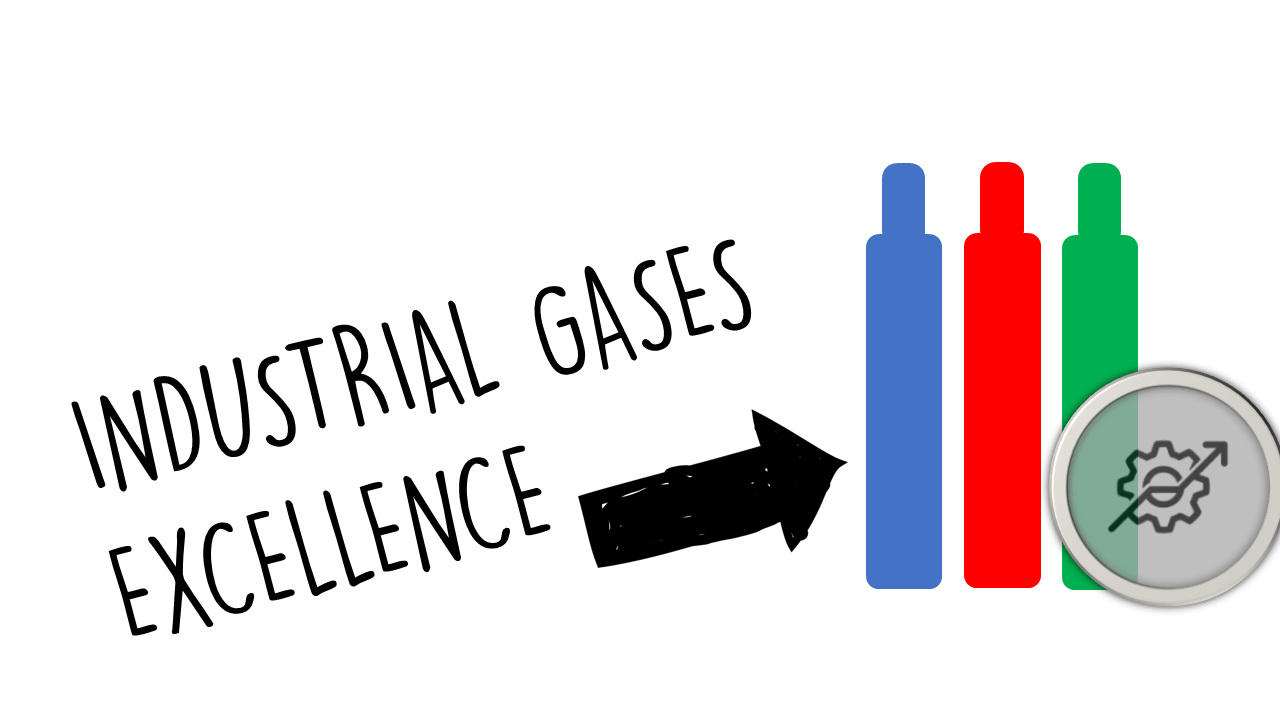Problem:
The industrial gas industry is a complex and competitive sector, with numerous challenges that need to be addressed. These include operational inefficiencies, lack of customer value, limited innovation, and sustainability issues. Many companies in this sector struggle to maintain a competitive edge due to these problems. They often find it difficult to streamline their operations, deliver value to their customers, innovate their products and services, and implement sustainable practices.
Impact:
The consequences of these problems are far-reaching. Operational inefficiencies can lead to increased costs and reduced profitability. Lack of customer value can result in lost business opportunities and a damaged reputation. Limited innovation can hinder a company’s ability to adapt to changing market conditions and customer needs. And sustainability issues can pose significant risks to a company’s long-term viability and success.
Moreover, these problems are interconnected. For example, operational inefficiencies can limit a company’s ability to innovate and deliver value to its customers. Similarly, lack of innovation can hinder a company’s sustainability efforts.
Solution:
To address these challenges, companies in the industrial gas industry need a comprehensive strategy that includes four key components: operation excellence leadership, customer value leadership, innovation leadership, and sustainability leadership.
Operation Excellence Leader: This involves streamlining operations to increase efficiency and reduce costs. It requires implementing best practices in areas such as production, logistics, and supply chain management. It also involves using advanced technologies such as automation and data analytics to optimize operations.
Customer Value Leader: This involves delivering superior value to customers through high-quality products and services. It requires understanding customer needs and expectations, developing tailored solutions, and providing excellent customer service. It also involves building strong relationships with customers based on trust and mutual benefit.
Innovation Leader: This involves driving innovation in products, services, processes, and business models. It requires fostering a culture of innovation within the organization, investing in research and development (R&D), partnering with innovative companies or startups, and leveraging emerging technologies such as artificial intelligence (AI) and Internet of Things (IoT).
Sustainability Leader: This involves implementing sustainable practices across the organization. It requires reducing environmental impact through energy efficiency measures, waste reduction initiatives, and use of renewable resources. It also involves promoting social responsibility through fair labor practices, community engagement activities, and ethical business conduct.
Case Study:
A leading industrial gas company implemented this strategy successfully. They started by streamlining their operations using automation technology which led to significant cost savings. They then focused on understanding their customers’ needs better which resulted in the development of new products that were highly valued by their customers.
They also invested heavily in R&D which led to several innovative solutions that gave them a competitive edge in the market. Finally, they implemented various sustainability initiatives such as energy efficiency measures and waste reduction programs which not only reduced their environmental impact but also enhanced their reputation as a responsible corporate citizen.
Conclusion
by adopting this comprehensive strategy that includes operation excellence leadership, customer value leadership, innovation leadership, and sustainability leadership; companies in the industrial gas industry can overcome their challenges and achieve long-term success.
